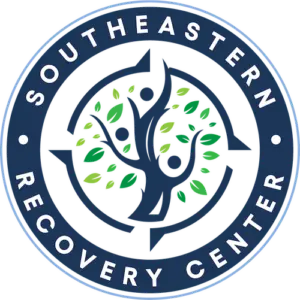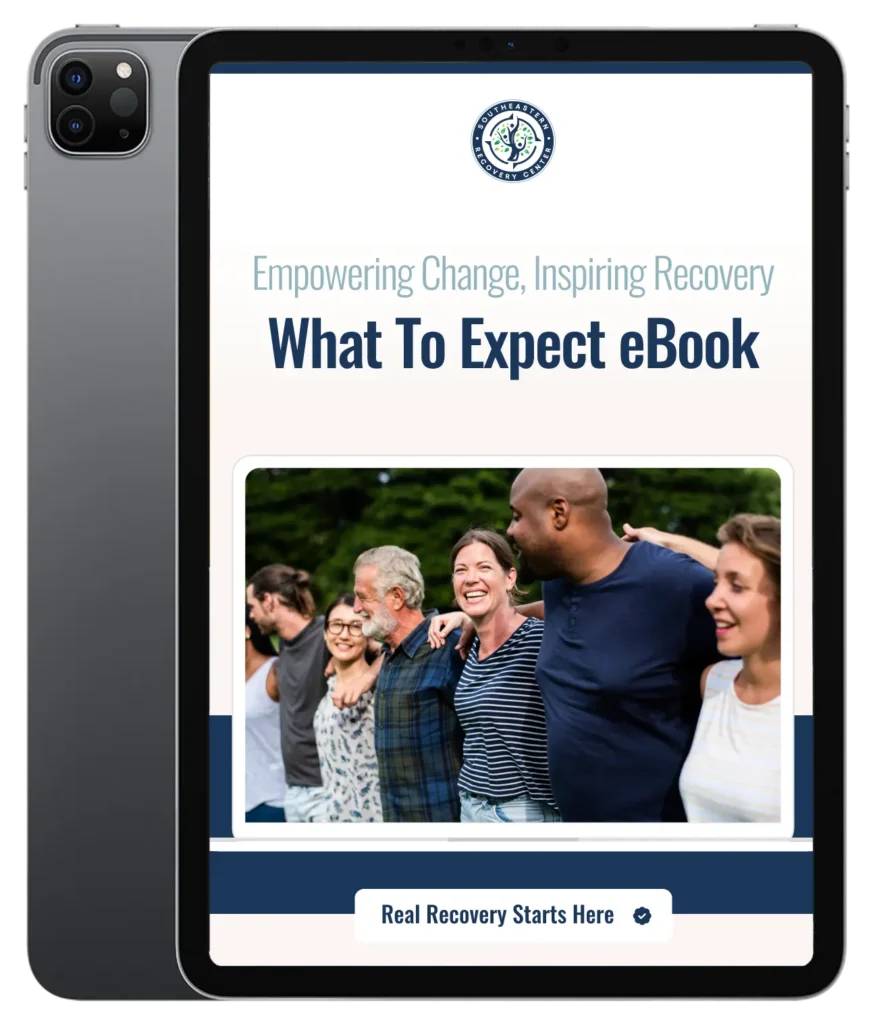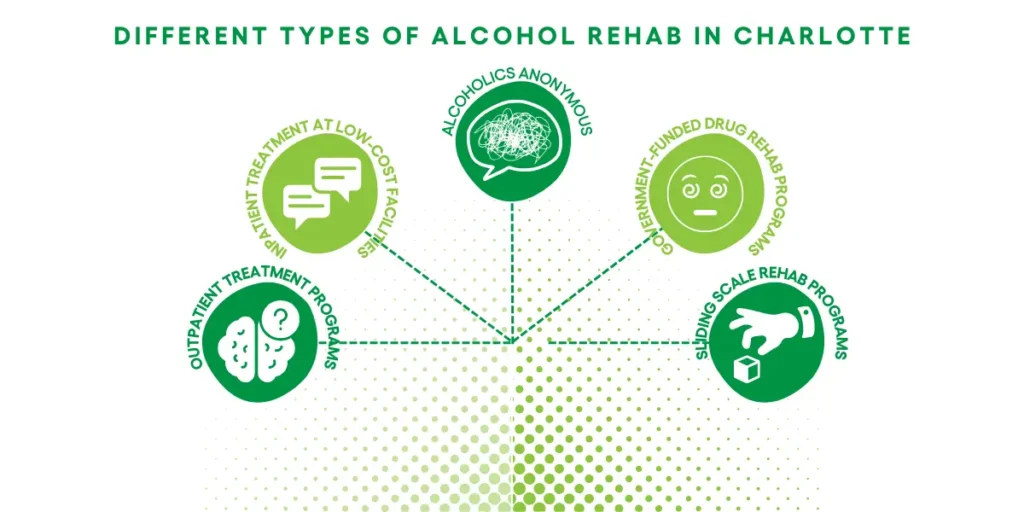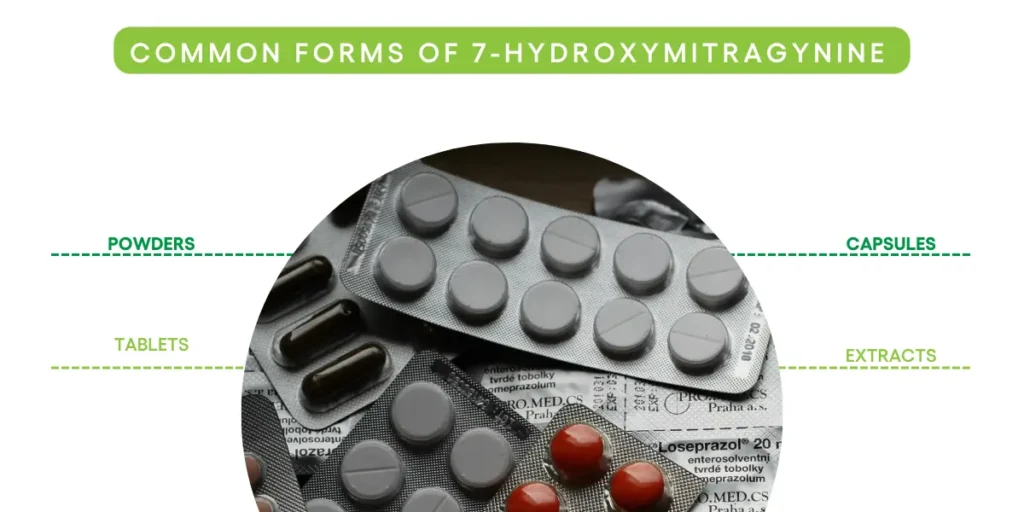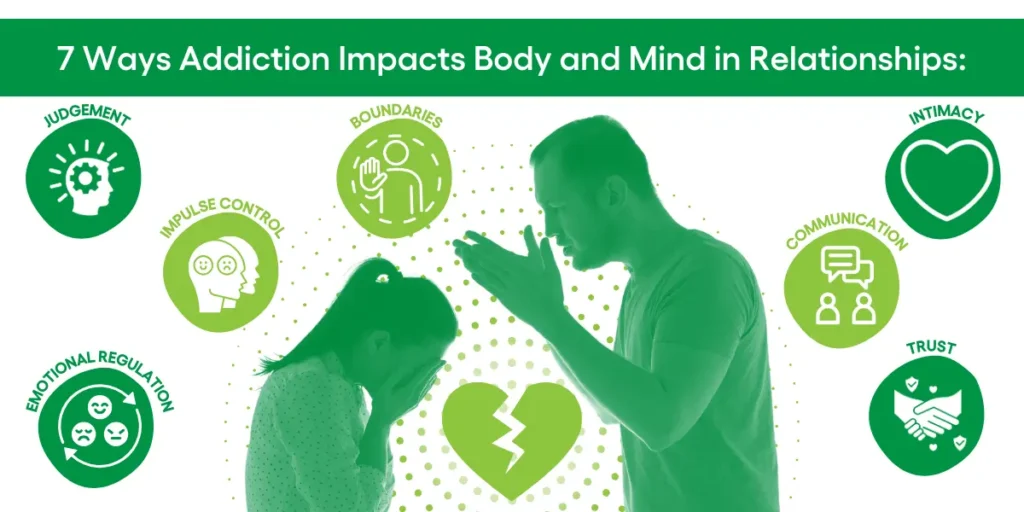From 2000 to 2022, more than 37,000 North Carolinians lost their lives due to an overdose.
The opioid crisis continues to affect communities across the United States, and Charlotte, North Carolina, is no exception. In recent years, Suboxone clinics have emerged as a critical resource for individuals seeking to break free from opioid addiction. These clinics provide a combination of medical treatment, counseling, and ongoing support, helping countless people reclaim their lives. But what exactly do Suboxone clinics in Charlotte offer, and how can this treatment help you or a loved one? Learn what makes Suboxone a powerful option for opioid addiction treatment and why these clinics play such an important role in the community.
What Is a Suboxone Clinic, and How Does It Work?
A Suboxone clinic is a medical facility that specializes in using Suboxone—a combination of buprenorphine and naloxone—to help people recover from opioid addiction. Suboxone is part of a broader approach called medication-assisted treatment (MAT), which combines the use of medications with counseling and behavioral therapies. The goal is to reduce cravings and withdrawal symptoms, giving individuals the opportunity to focus on their recovery.
The effectiveness of Suboxone comes from its two active ingredients:
Buprenorphine: A partial opioid agonist that binds to opioid receptors in the brain, but produces less intense effects compared to drugs like heroin or prescription opioids. It helps ease cravings and withdrawal symptoms without the high associated with other opioids. Studies show that more than 50% of patients who receive Suboxone as part of their treatment plan report long-term improvements compared to those who do not use medications in their recovery.
Naloxone: This is an opioid antagonist that blocks the effects of opioids, making it harder to misuse Suboxone.
Suboxone is FDA-approved for the treatment of opioid dependence and has been shown to significantly reduce opioid use in patients.
Why Are Suboxone Clinics Important in Charlotte, NC?
The opioid epidemic has deeply impacted North Carolina, and Charlotte is one of the hardest-hit areas. According to the North Carolina Department of Health and Human Services, opioid-related overdose deaths exceeded 3,400 in the state in 2021 . Mecklenburg County, which includes Charlotte, consistently ranks among the counties with the highest rates of opioid misuse and overdose fatalities.
Given the severity of the crisis, the role of Suboxone clinics in Charlotte cannot be overstated. These clinics provide a crucial lifeline for people struggling with addiction. By offering access to medication-assisted treatment, Suboxone clinics help reduce the number of overdose deaths and support long-term recovery in the community.
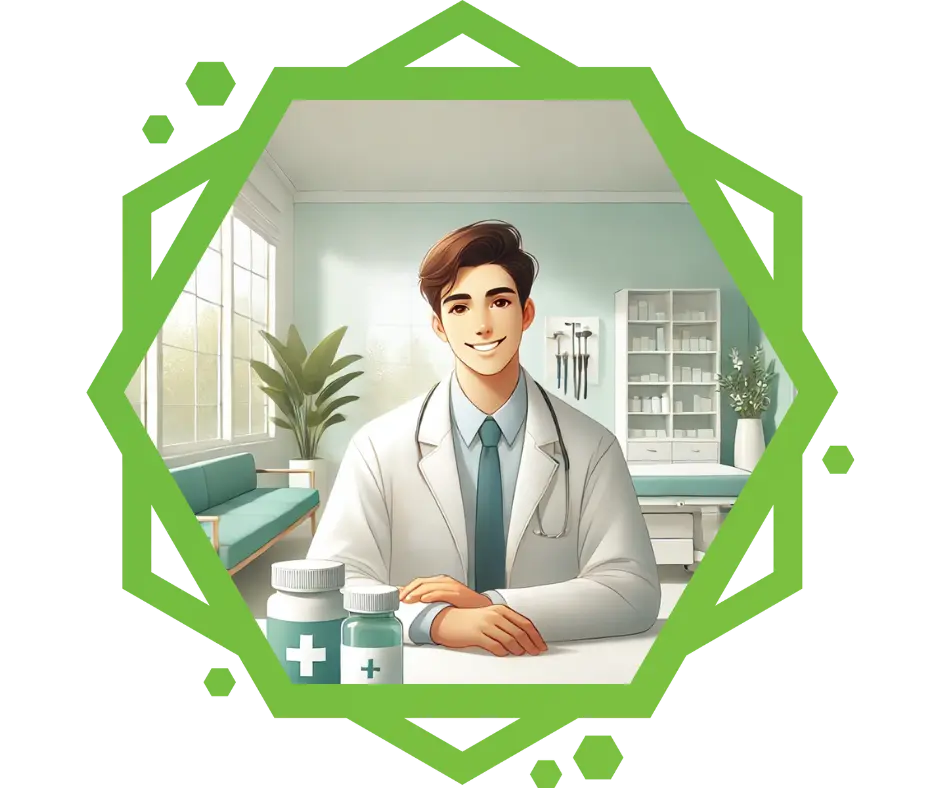
How Does Suboxone Help with Opioid Addiction?
One of the main reasons Suboxone is so effective is because it targets the physiological effects of opioid addiction without producing the euphoric high that makes opioids so addictive. The inclusion of naloxone discourages misuse, making it harder to abuse the medication.
Here’s how Suboxone works:
- Reduces Cravings: Buprenorphine binds to opioid receptors, reducing the brain’s desire for more potent opioids.
- Eases Withdrawal Symptoms: Suboxone helps mitigate the withdrawal symptoms that often drive people back to drug use.
- Blocks Misuse: With the presence of naloxone, the misuse potential of Suboxone is reduced, helping patients stay on track.
Suboxone treatment allows individuals to regain control of their lives without the overwhelming cravings or withdrawal symptoms that often lead to relapse.
What to Expect at a Suboxone Clinic in Charlotte, NC
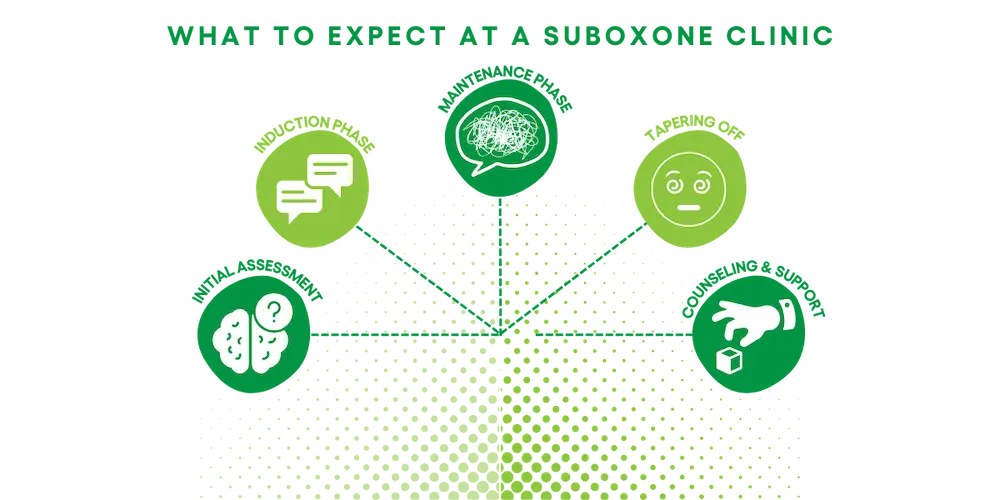
Visiting a Suboxone clinic can feel like a big step, but knowing what to expect can help ease the process. Here’s a breakdown of what typically happens when you begin treatment at a Suboxone clinic:
- Initial Assessment: Your treatment will start with a comprehensive assessment, including your medical history, drug use patterns, and any co-occurring mental health conditions. This ensures your care team can tailor the treatment plan to your specific needs.
- Induction Phase: During the induction phase, you’ll begin taking Suboxone under medical supervision. This helps to alleviate withdrawal symptoms and stabilize your condition. The initial dosage is carefully monitored and adjusted as needed.
- Maintenance Phase: Once your symptoms are under control, you’ll enter the maintenance phase, where you continue taking Suboxone and begin counseling. Behavioral therapies are a critical part of this phase, as they address the underlying causes of addiction and help build long-term coping strategies.
- Tapering Off: While some patients may stay on Suboxone for years, others may begin a tapering-off process once they feel ready. This gradual reduction in medication is done under medical supervision to prevent withdrawal or relapse.
- Counseling and Support: Most clinics offer individual and group counseling services. Cognitive Behavioral Therapy (CBT) and other evidence-based therapies are often used to help patients identify triggers and develop healthier coping mechanisms.
Suboxone vs. Methadone: Which Is Right for You?
When considering opioid addiction treatment, you may wonder how Suboxone compares to Methadone, another commonly used MAT option. Both medications are highly effective, but there are some key differences to consider:
Accessibility: Suboxone can be prescribed by certified physicians and taken at home, while Methadone requires daily visits to a specialized clinic.
Safety Profile: Methadone, a full opioid agonist, has a higher risk of dependency compared to Suboxone, which includes naloxone to reduce the likelihood of misuse.
Convenience: For many, the ability to take Suboxone at home makes it a more convenient option, especially for those with busy schedules or limited access to a Methadone clinic.
Both medications have their pros and cons for opioid addiction, and your healthcare provider will help you determine which is best suited for your individual needs.
Finding the Right Suboxone Clinic in Charlotte, NC
Choosing the right Suboxone clinic in Charlotte is a crucial decision. You’ll want to find a clinic that offers comprehensive services, including medical care, counseling, and aftercare support. Many clinics accept various forms of insurance, including Medicaid and Medicare, making it easier for individuals to access the care they need.
One of the best ways to find a clinic near you is through the SAMHSA treatment locator, which provides a directory of certified Suboxone providers in Charlotte.
Suboxone clinics in Charlotte, NC offer a proven path to recovery through a combination of medication and supportive care. If you or someone you care about is struggling with opioid addiction, help is available. Southeastern Recovery Center is dedicated to helping end the cycle of addiction and can help you find the right program to help with your addiction.
